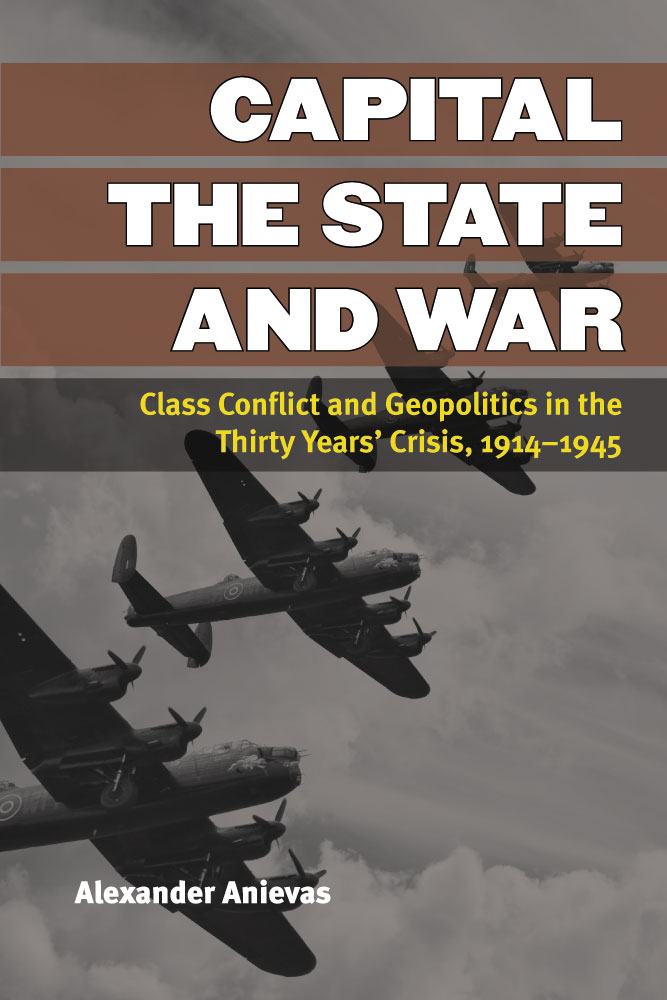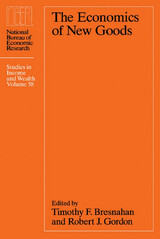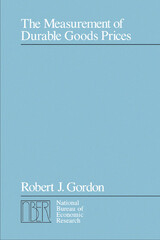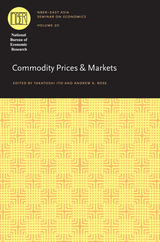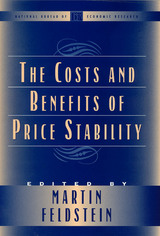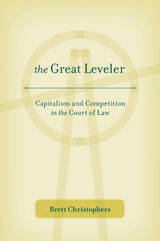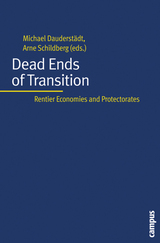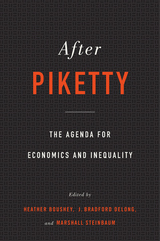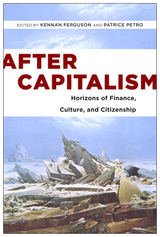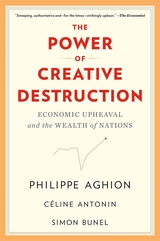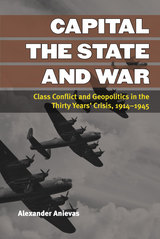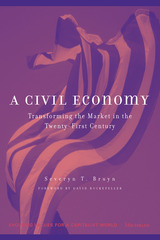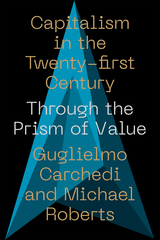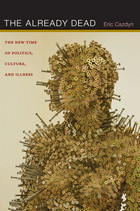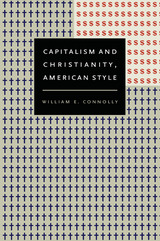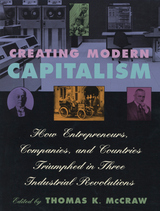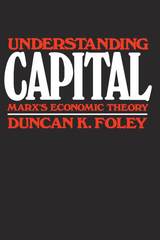Cloth: 978-0-472-07211-8 | Paper: 978-0-472-05211-0 | eISBN: 978-0-472-12022-2
Library of Congress Classification HB501.A636 2014
Dewey Decimal Classification 327.09041
The history of the modern social sciences can be seen as a series of attempts to confront the challenges of social disorder and revolution wrought by the international expansion of capitalist social relations. Alexander Anievas focuses on one particularly significant aspect of this story: the intersocietal or geosocial origins of the two world wars, and, more broadly, the confluence of factors behind the Thirty Years’ Crisis between 1914 and 1945.
Anievas presents the Thirty Years’ Crisis as a result of the development of global capitalism with all its destabilizing social and geopolitical consequences, particularly the intertwined and co-constitutive nature of imperial rivalries, social revolutions, and anti-colonial struggles. Building on the theory of uneven and combined development, he unites geopolitical and sociological explanations into a single framework, thereby circumventing the analytical stalemate between primacy of domestic politics and primacy of foreign policy approaches.
See other books on: Causes | Diplomacy | Geopolitics | World politics | World War, 1914-1918
See other titles from University of Michigan Press
